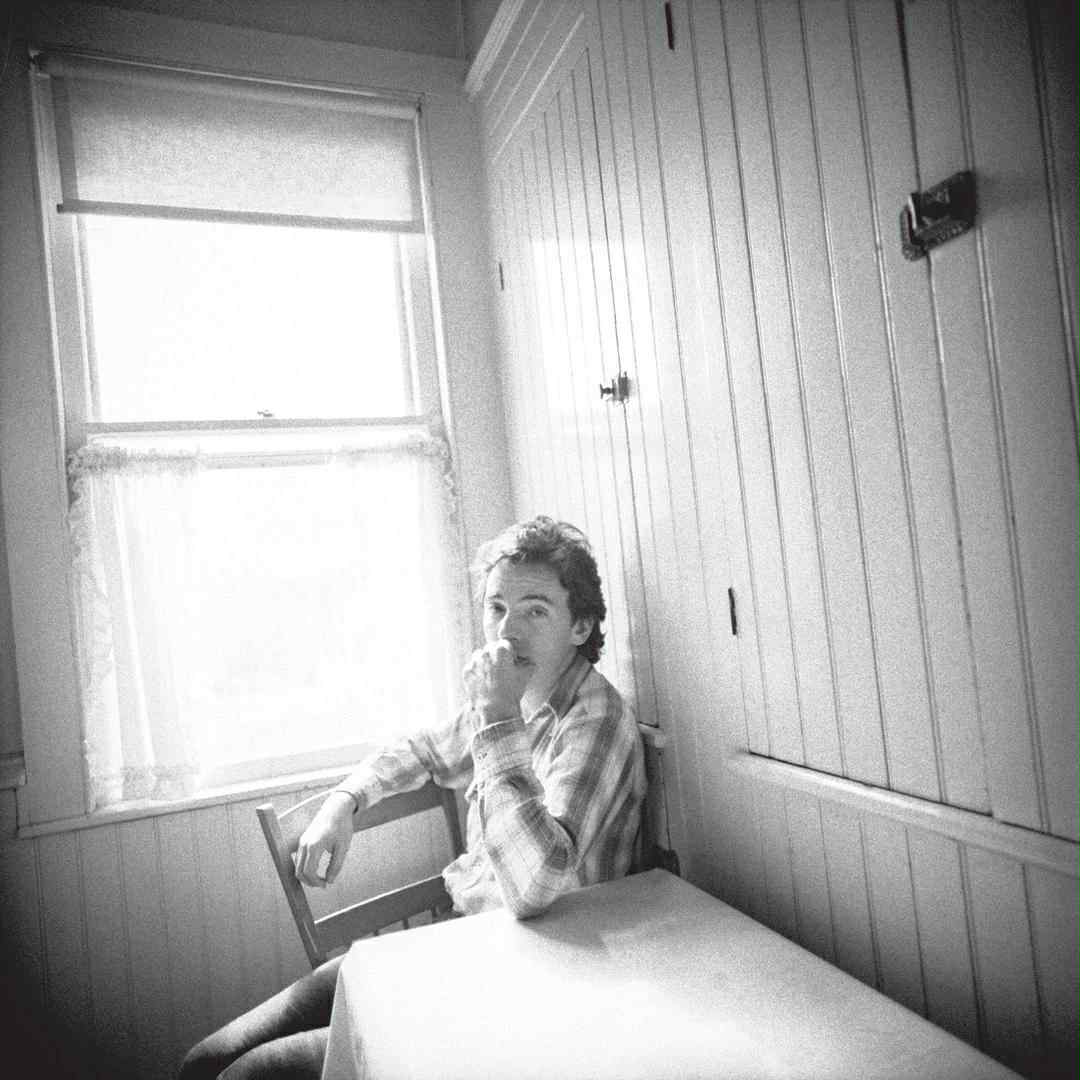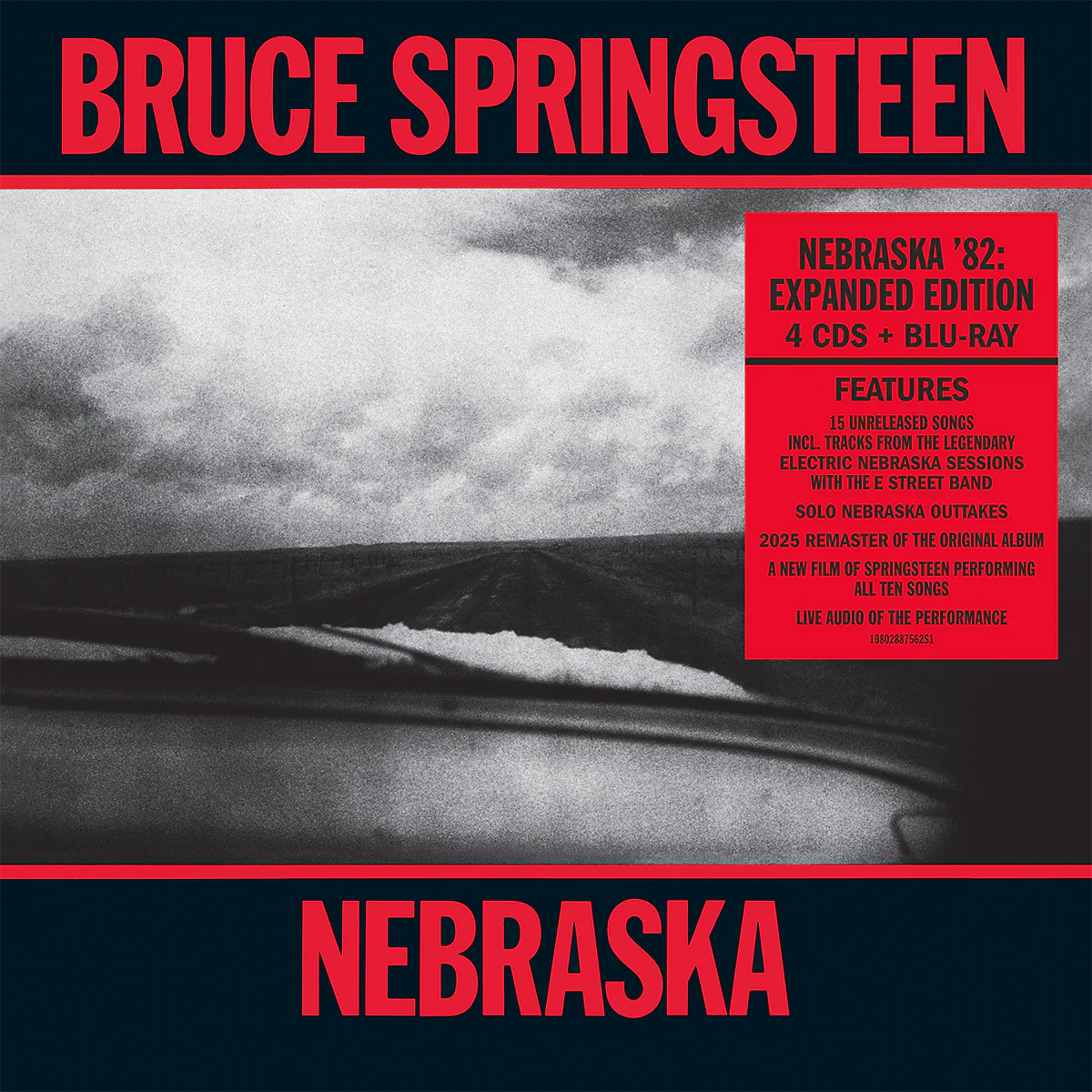The best album of 2025 happens to be 43 years old, and until very recently existed only in the realm of rumor and legend.
Electric Nebraska – the alternate, full E Street Band-backed iteration of Bruce Springsteen’s now-iconic 1982 Nebraska solo album – will be released on Oct. 24 as part of the box set, and it’s nothing less than a monumental revelation, a dispatch after decades that is more than worth the wait.
As it was originally released back in 1982, Nebraska is stark, haunting and haunted, the solitary acoustic sound of Springsteen in his New Jersey bedroom delivering disconcertingly intimate story songs of crime, desperation, loss and, just maybe, the faintest glimmer of hope.
It’s an album that demands close listening and rapt attention, so much so that its creation inspired both Warren Zanes’ insightful 2023 book Deliver Me From Nowhere: The Making of Bruce Springsteen’s ‘Nebraska’ and, in turn, the hotly anticipated biopic Springsteen: Deliver Me From Nowhere, in cinemas starting Thursday, Oct. 23.
Coinciding with the release of the film, Nebraska ‘82: Expanded Edition shows just how many permutations are possible from this 10-song, 40-minute LP. The five-disc box set from Sony Music includes a new remaster of the original album, a live performance of the album in its entirety at the Count Basie Center for the Arts in Red Bank, New Jersey and a collection of “Nebraska Outtakes” – songs such as “Child Bride” and “A Gun in Every Home” that, if included, would have made the album even bleaker.

For even the most casual of Springsteen fans, every moment contained here is mandatory listening. The remaster presents Nebraska in brisk clarity without sacrificing any of its lo-fi majesty and mystery, the live album finds Springsteen of today delivering the songs with weathered, world-weary beauty and the outtakes provide context for this peak era in Springsteen’s artistry; the eventual barroom rocker “Pink Cadillac” sounds mysterious and even menacing here, and the stripped-down honky tonk of “Working on the Highway” is an early herald of the hit-making mode Springsteen would find himself in with the “Born in the U.S.A.” album’s release two years later.
But the unquestionable main event is Electric Nebraska, pulled together from April 1982 sessions that found Springsteen backed by drummer Max Weinberg and bassist Garry W. Tallent, with assists from guitarist Stevie Van Zandt, keyboard player Danny Federici and piano player Roy Bittan.
Springsteen fans have gotten used to hearing full E Street Band versions of some of these songs, with “Atlantic City” and “Reason to Believe” in particular finding life as stadium-rattling rock anthems in recent years. But little can prepare listeners for what’s contained here, as the material is rendered with wiry, lightning rod intensity and a gripping clarity of purpose.
Springsteen has long been on record as being a fan of punk rock, singing the praises of The Clash and Against Me!, covering Suicide and collaborating with everyone from Dropkick Murphys to Patti Smith. Electric Nebraska is, in many ways, Springsteen’s long-lost punk album, a take-no-prisoners dissection of American disenfranchisement, three minutes at a time.
“Downbound Train” is so propulsive it borders on psychobilly. “Born in the U.S.A.,” the set’s lead single, is such a direct statement of protest that, had this been the original version released, no one would have mistaken it for a jingoistic jingle. The way the extra lyrics in “Atlantic City” pile on to each other paints a vivid picture of escalating anxiety and desperation.
All told, Electric Nebraska is the best release from the Springsteen camp since at least “Magic” back in 2007, possibly since “The Rising” in 2002. In fact, an argument could be made for this album deserving an instant place alongside the original “Nebraska” in the canon of Springsteen’s best albums, period.


